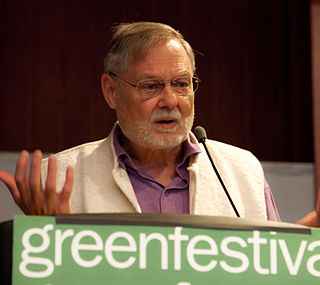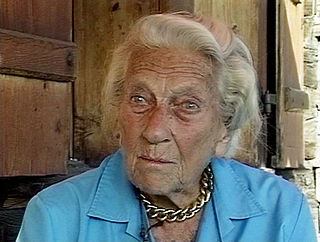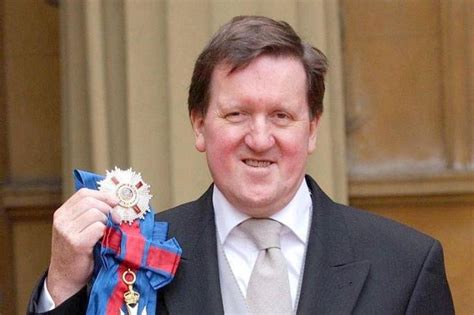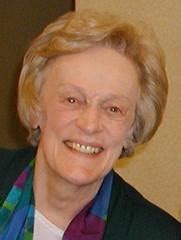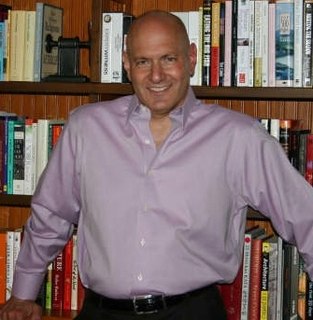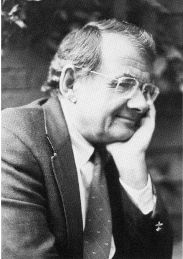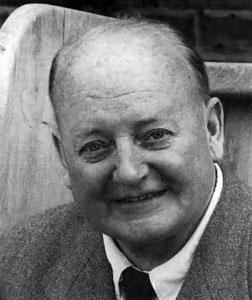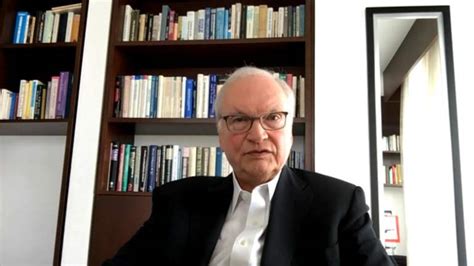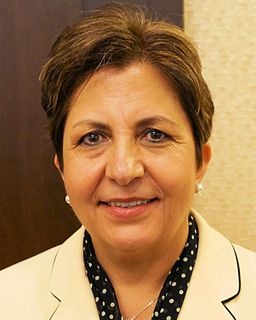A Quote by Norman Doidge
Neuroplasticity contributes to both the constrained and unconstrained aspects of our nature. It renders our brains not only more resourceful, but also more vulnerable to outside influences.
Related Quotes
Unfortunately, as a society, we do not teach our children that they need to tend carefully the garden of their minds. Without structure, censorship, or discipline, our thoughts run rampant on automatic. Because we have not learned how to more carefully manage what goes on inside our brains, we remain vulnerable to not only what other people think about us, but also to advertising and/or political manipulation.
To live more simply is to unburden our lives - to live more lightly, cleanly, aerodynamically. It is to establish a more direct, unpretentious and unencumbered relationship with all aspects of our lives: the things that we consume, the work that we do, our relationships with others, our connections with nature and the cosmos, and more.
The danger, then, is that materialism is not only shaping how we live but the way we think as well. It influences our consumer tastes and our preference for high-paying jobs, but it also alters our capacity to pray, the nature of our prayers, and the ways in which religious tutelage instructs our values.
Our wisdom is all mixed up with what we call our neurosis. Our brilliance, our juiciness, our spiciness, is all mixed up with our craziness and our confusion, and therefore it doesn’t do any good to try to get rid of our so-called negative aspects, because in that process we also get rid of our basic wonderfulness. We can lead our life so as to become more awake to who we are and what we’re doing rather than trying to improve or change or get rid of who we are or what we’re doing. The key is to wake up, to become more alert, more inquisitive and curious about ourselves.
Like our physical bodies, our memory becomes out of shape. As children, we are constantly learning new experiences, but by the time we reach our 20s, we start to lead a more sedentary life both mentally and physically. Our lives become routine, and we stop challenging our brains, and our memory starts to suffer.
The progress of science has always been the result of a close interplay between our concepts of the universe and our observations on nature. The former can only evolve out of the latter and yet the latter is also conditioned greatly by the former. Thus in our exploration of nature, the interplay between our concepts and our observations may sometimes lead to totally unexpected aspects among already familiar phenomena.
Habits are powerful, but delicate. They can emerge outside our consciousness, or can be deliberately designed. They often occur without our permission, but can be reshaped by fiddling with their parts. They shape our lives far more than we realize—they are so strong, in fact, that they cause our brains to cling to them at the exclusion of all else, including common sense.
Our principles fix what our life stands for, our aims create the light our life is bathed in, and our rationality, both individual and coordinate, defines and symbolizes the distance we have come from mere animality. It is by these means that our lives come to more than what they instrumentally yield. And by meaning more, our lives yield more.



